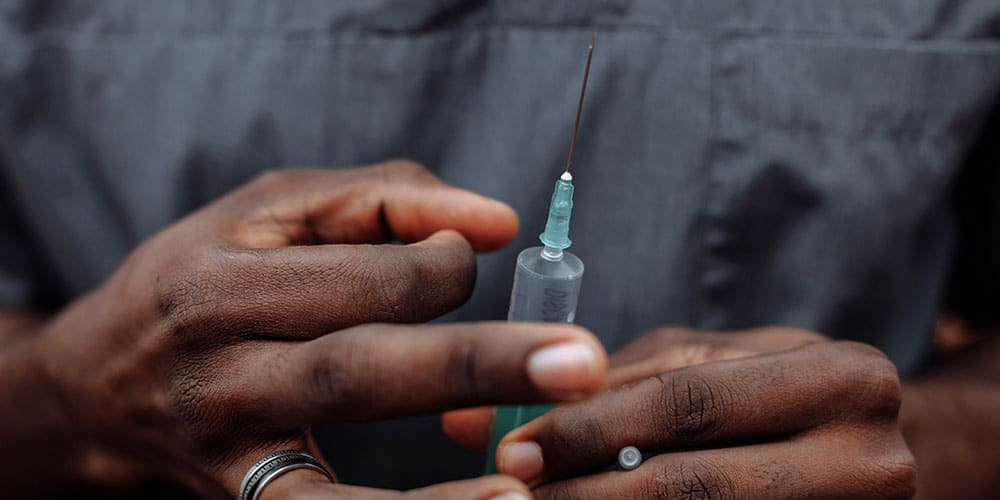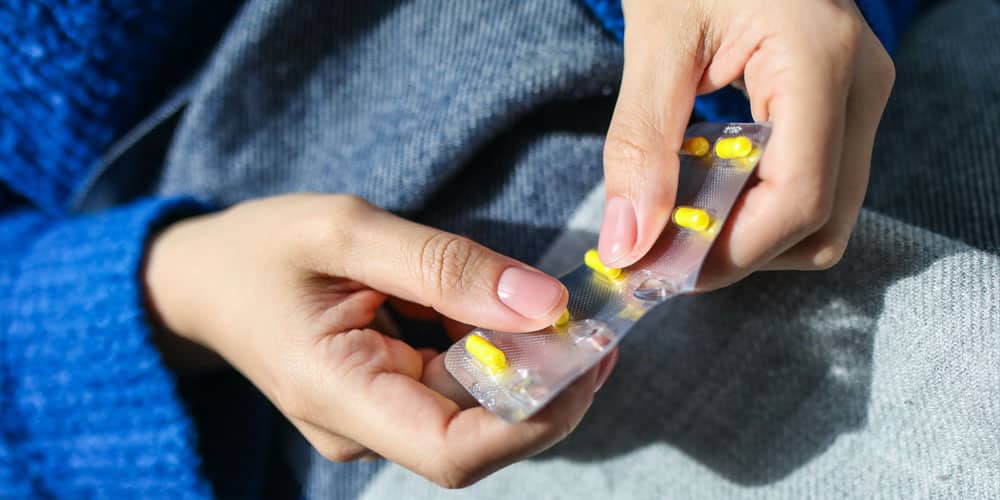In 2021, an estimated 1.1 million people in the United States used heroin. Heroin is a highly addictive drug that can have devastating consequences for individuals and families. It can lead to overdose, death, and other serious health problems. If you are looking up information and asking questions like “how long does heroin stay in your system?” chances are you have a drug test coming up and have been using. Think of this as your wake-up call. In 2021, there were over 80,000 overdose deaths involving opioids, including heroin. Don’t become a statistic, reach out to The Hope House today and get the help you need.











